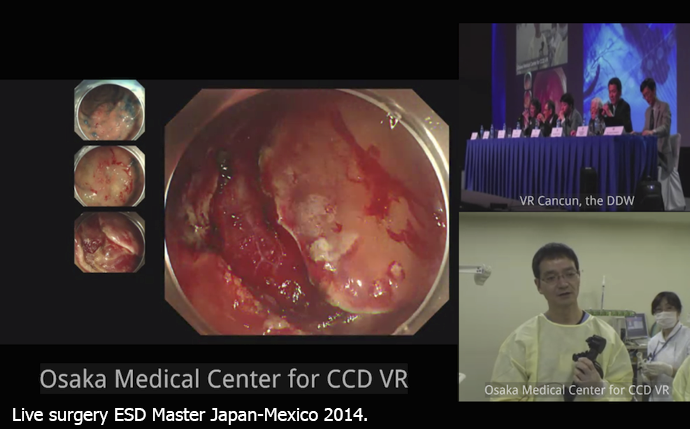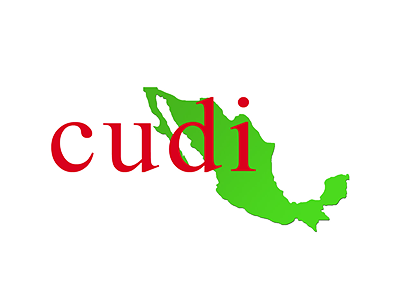
Transferring technical and medical expertise between Mexico and Asia
The University Corporation for Development of Internet (CUDI), the Mexican national research and education network, promotes university research initiatives using broadband and advanced networks. An important initiative is telemedicine.
Utilising latest technologies
CUDI enables Mexican engineers and medical doctors from a number of institutions to participate in the TEMDEC (Telemedicine Development Center of Asia) project and utilise latest technologies to exchange knowledge with peers and participate in education and training globally, developing skills to aid with the diagnosis and treatment of diseases.
TEMDEC has organized 570 remote medical programs in 28 different fields, including surgery, endoscopy, infectious diseases, cardiology, pediatrics, nursing, and so on.
TEMDEC has collaborated with 406 medical institutions in 55 countries and established a huge human network of doctors and engineers across the globe.
It also hosts the annual Asia Telemedicine Symposium, where doctors and engineers get together not only to share knowledge and solve problems but also deepen their friendships. TEMDEC also provides training programs for both for doctors and engineers abroad, with 204 researchers enrolled from 31 countries to date.
Transfer of technology and knowledge
Harold de Dios, from the University of Guadalajara’s General Coordination of Information Technology department, leads CUDI’s Multicast Technical Working Group, which facilitates Mexico’s collaborations with TEMDEC.
He is also lead engineer and collaborator for all telemedicine projects in CUDI’s health community and a member of the Asian Pacific Advanced Network (APAN) Latin Medical Working Group of endoscopy.
“There are many activities that have been done with TEMDEC thanks to the human-network collaborative work established between medical doctors and specialists in ICT. These activities can be compiled into two groups.
“The activities related to the transfer of technology through the establishment of memorandum of understandings (two MOUs established), with the objective to promote and strength the telemedicine activities with all medical institutions, taking all technological advantages of research and educational networks.
“The second group of activities is related to the transfer of knowledge, which occurs through all remote medical programs developed by Kyushu University Hospital, covering the fields of surgery, endoscopy, infectious diseases, cardiology, pediatrics, nursing, and so on,” he said.
Transmission of live surgery
For example, CUDI’s Multicast Working Group in collaboration with TEMDEC helped medical doctors from the Mexico Association of Gastroenterology participate in the first live surgery transmitted from two Japanese hospitals to a Mexico venue.
The aim of this live demonstration, held during the 2014 Mexico Digestive Disease Week, was to discuss detection and characterisation of early gastroenterological cancers.
“The medical doctors and engineers of Mexican institutions, with the support of CUDI’s health community, also have the opportunity to participate twice a year in the Latin America Endoscopy Teleconference session and in the Medical Technology session.
“They can also participate in the Asia Telemedicine Symposium that TEMDEC organizes for remote medical education with all their members”.
The following Mexican institutions participate in the TEMDEC Project:
- Mexico Gastroenterological Association (AMG)
- Instituto Nacional de Ciencias Médicas y Nutrición Salvador Zubirán (INCMNSZ)
- Asociación Mexicana de Endoscopia Gastrointestinal
- Hospital Ángeles del Pedregal
- Hospital General “Dr. Manuel Gea Gonzalez”
- Hospital Sharp Mazatlan
- Hospital Sedna
- Universidad Nacional Autónoma de México (UNAM)
- Hospital Civil de Guadalajara (Hospital School of University of Guadalajara)
- University of Guadalajara (UdeG)
- Corporación Universitaria para el Desarrollo de Internet (CUDI)
For more information please contact our contributor(s):

